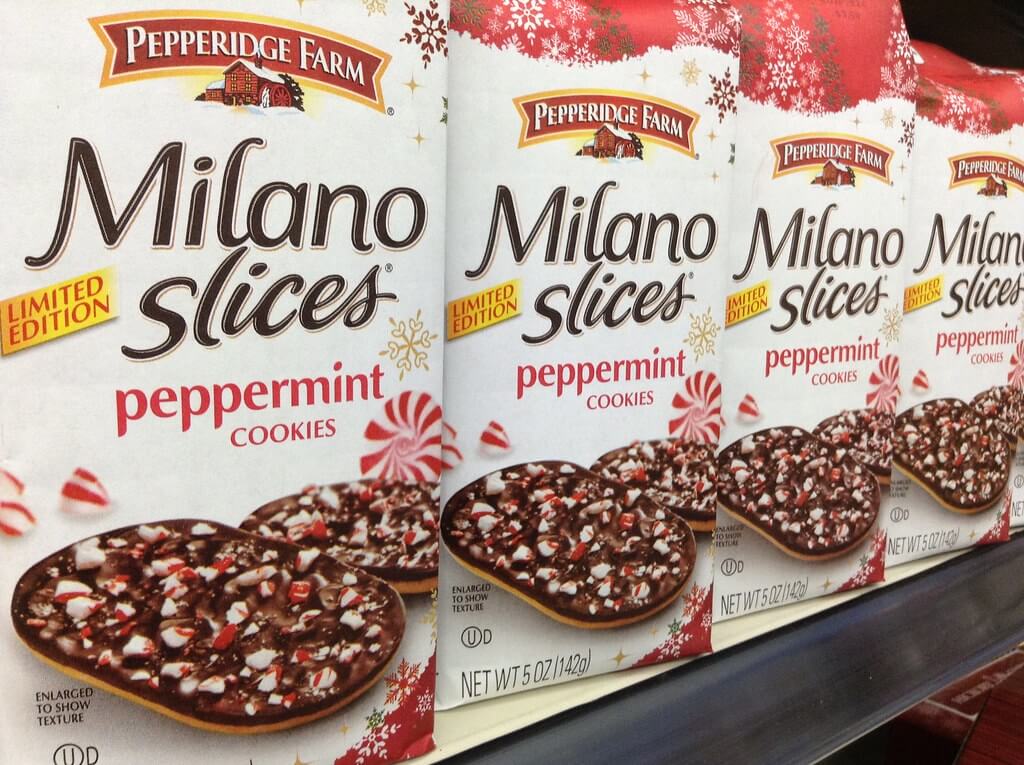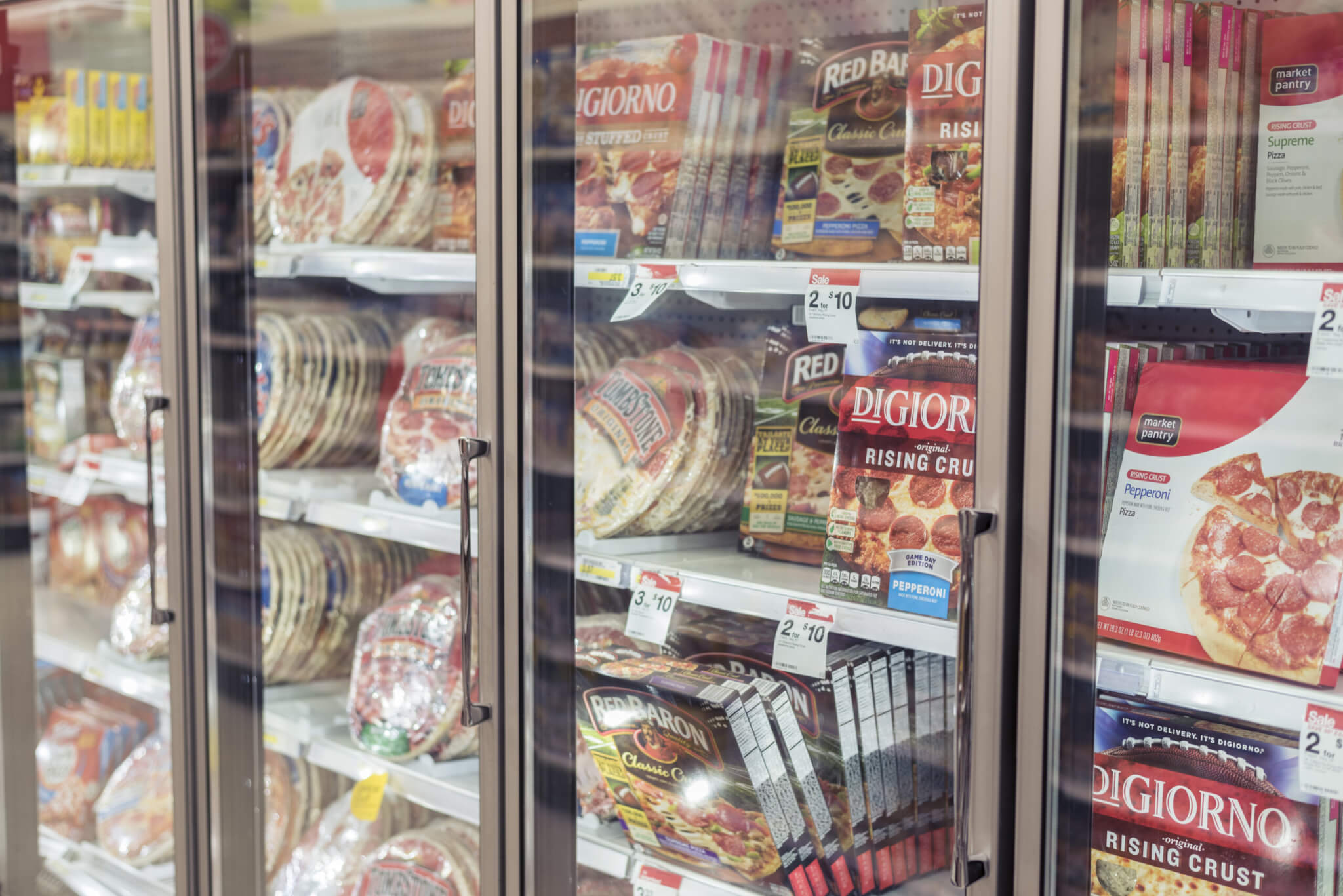Women’s History Month has been highlighting the trailblazing achievements of women every March since 1987. Although the month focuses on celebrating contributions by women in all fields of society, it’s no secret that much of the public conversation (and even scientific studies) still centers around the barriers many women face in the working world.
Despite these inequities throughout history, did you know many women found immense success and literally changed the course of American history — decades before the modern women’s rights movement? Specifically, American women have been cashing in and shaping society in one market that’s important to everyone — the food industry.
Here are six trailblazing women responsible for changing how your kitchens, pantries, and weekly shopping lists look in 2024:
Marjorie Merriweather Post
If that name isn’t familiar to you, you might know her father, C.W. Post — the creator of famous cereals like Grape-Nuts and Bran Flakes. Marjorie Merriweather Post may have had a famous father who changed the face of breakfast forever, but her contributions may have been even bigger.
After inheriting the Postum Cereal Company in 1914, Post began to acquire and merge with other businesses, including Jell-O, Maxwell House Coffee, Walter Baker chocolate, and the Birdseye frozen food company. These wide-ranging business dealings led to the formation of the General Foods Corporation in 1929.
Post would serve as the director of this food industry giant until 1958. The corporation’s success, particularly with the new frozen food market, made Post one of the world’s richest women at the time. General Foods would later merge with Kraft Foods.
Margaret Rudkin
If the last name isn’t familiar to you, perhaps you know the name of her family’s home: Pepperidge Farm. Rudkin would use this name to create one of the most famous baking brands in history from scratch.
In the 1930s, Rudkin started baking bread for her ailing son, who had allergies to commercial breads. Her natural whole wheat homemade bread was an instant hit, leading to the creation of Pepperidge Farm. The company grew rapidly, introducing innovations in bread-making and expanding into cookies and other baked goods — including the brand’s iconic Goldfish crackers.
Rudkin’s business acumen was notable in an era when few women held executive positions. She emphasized quality and natural ingredients, which set her products apart and helped build a strong brand. In 1961, she sold Pepperidge Farm to the Campbell Soup Company for $28 million but remained involved as a board member — the first woman to be on the board in the company’s history.

Martha Entenmann
Born as Martha Schneider, the matriarch of the Entenmann’s family took over a popular New York bakery in 1951 after the death of her husband, William Entenmann Jr.
Instead of selling the bakery, Martha Entenmann took the bakery and turned it into a nationally distributed powerhouse that still fills store shelves to this day. Entenmann shifted the company’s focus from local home deliveries to supplying grocery stores and supermarkets — first throughout the Tri-state area of New York, New Jersey, and Connecticut and then going national.
“If you’re looking for female role models in the 50’s, the story of Martha Schneider and her rise from bakery salesgirl to czarina of all the metropolitan strudels was one any girl with a little talent would envy,” Wendy Wasserstein writes in The New York Times Magazine.
Aside from introducing Entenmann’s pastries to the entire country, Martha Entenmann is credited with the invention of the clear package window on cake and cookie boxes we all take for granted today. These “see-through boxes” allowed customers to both view the delicious products and make sure it was fresh before buying.

Betty Cronin
Betty Cronin was not a millionaire CEO, but she did play a pivotal role in changing the way you look at frozen food today. Working for Swanson & Sons in 1950, Cronin was a bacteriologist credited with developing the first TV dinner. At just 22 years-old, Cronin was one of the leaders of the food company’s efforts to create the first pre-packaged meal that families could quickly heat in an oven.
“Betty Cronin, Swanson’s bacteriologist, helped the meals succeed with her research into how to heat the meat and vegetables at the same time while killing food-borne germs,” explains Kovie Biakolo of Smithsonian Magazine.
After Swanson became part of the Campbell Soup Company, Cronin would go on to be the director at Campbell Microwave Institute. With the invention of the home microwave oven, Cronin would lead the company’s research into creating microwavable dinners for the famous brand.
Rose Totino
Who doesn’t like frozen pizza? Well, did you know there was a time when popping a tiny pie or flatbread slice in the microwave was just a fantasy? That was the case in the 1950s and 60s, until Rose Totino created a specialized crust recipe that could survive the microwaving process and launch the multibillion-dollar frozen pizza industry.
“Using her car as collateral, Totino secured a $1,500 loan to launch a pizza take-out restaurant in Minnesota. Since pizza was so new, Totino also had to bring samples of her product to the loan committee to secure the initial financing,” according to Harvard Business School.
With the success of their frozen pizza line, Totino’s Pizza would eventually sell to Pillsbury in 1975 for $22 million. Rose Totino would also become the first female vice president at Pillsbury thanks to her experience working with frozen food. She was also the first woman inducted into the Frozen Food Hall of Fame.

Debbi Fields
Did you know there was a time when freshly baked, soft cookies were something you could only have if you baked them yourself at home? Luckily, a rude comment in the 1970s motivated Debbi Fields to start a cookie business that would be worth roughly half a billion dollars. That business is Mrs. Fields.
According to Fields, during an interview with Forbes, one of her husband’s business clients took exception to her inability to pronounce a certain word and handed her a dictionary.
“If you can’t speak the English language, you shouldn’t speak at all,” the man reportedly said, according to Fields.
In 1977, the insult spurred the young housewife with no formal baking training or business experience to start up a cookie shop in Palo Alto, California using a small bank loan. Her dedication to quality, using real butter, whole eggs, and natural vanilla, quickly won over customers.
The store’s success led to the expansion of Mrs. Fields Cookies into a nationwide and then international company, becoming one of the most recognizable brands in the dessert industry. Fields would eventually sell her cookie empire to an investment firm for $100 million in the 1990s.


These women ushered in the age of corporate junk food. Thanks for the obesity crisis ladies.